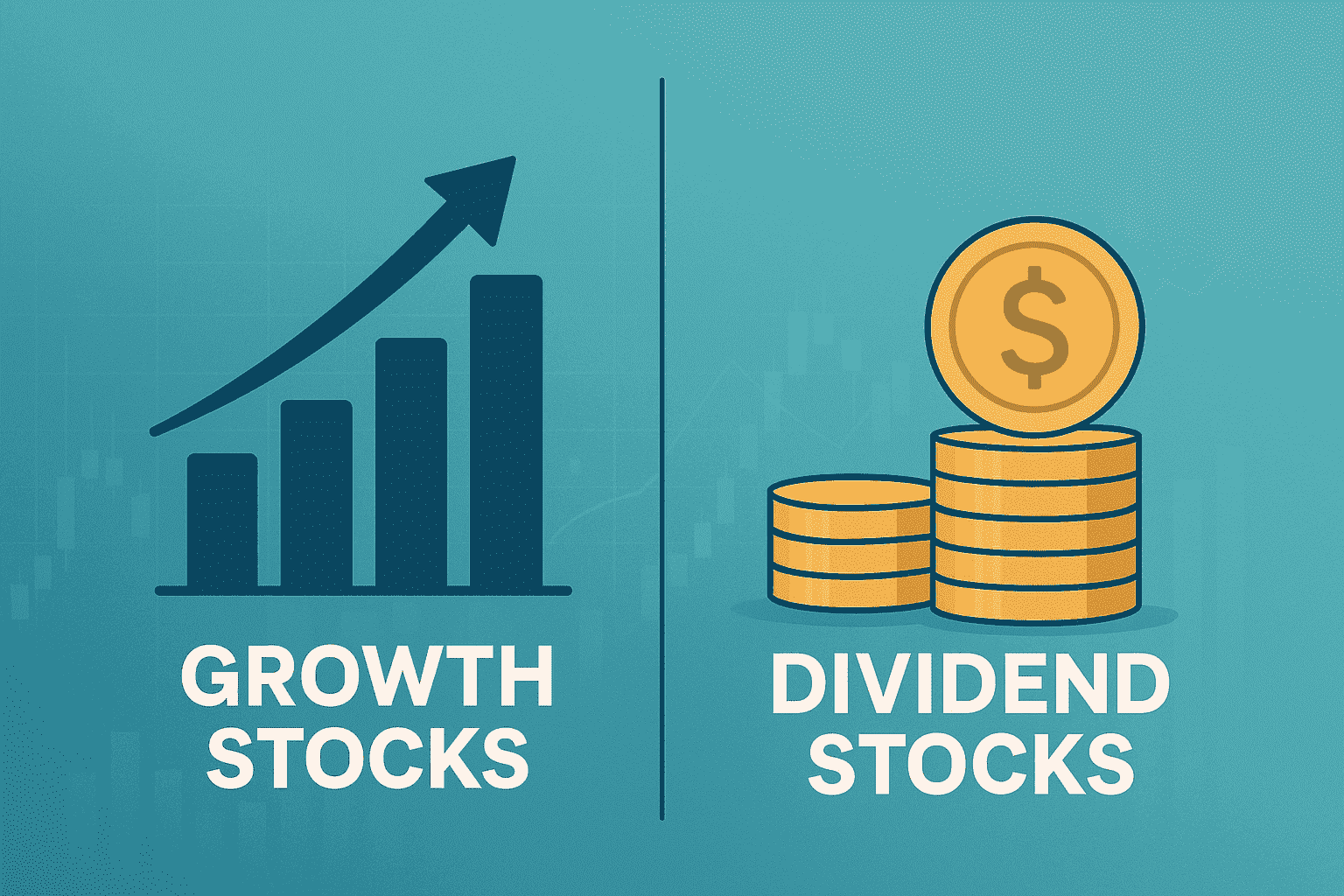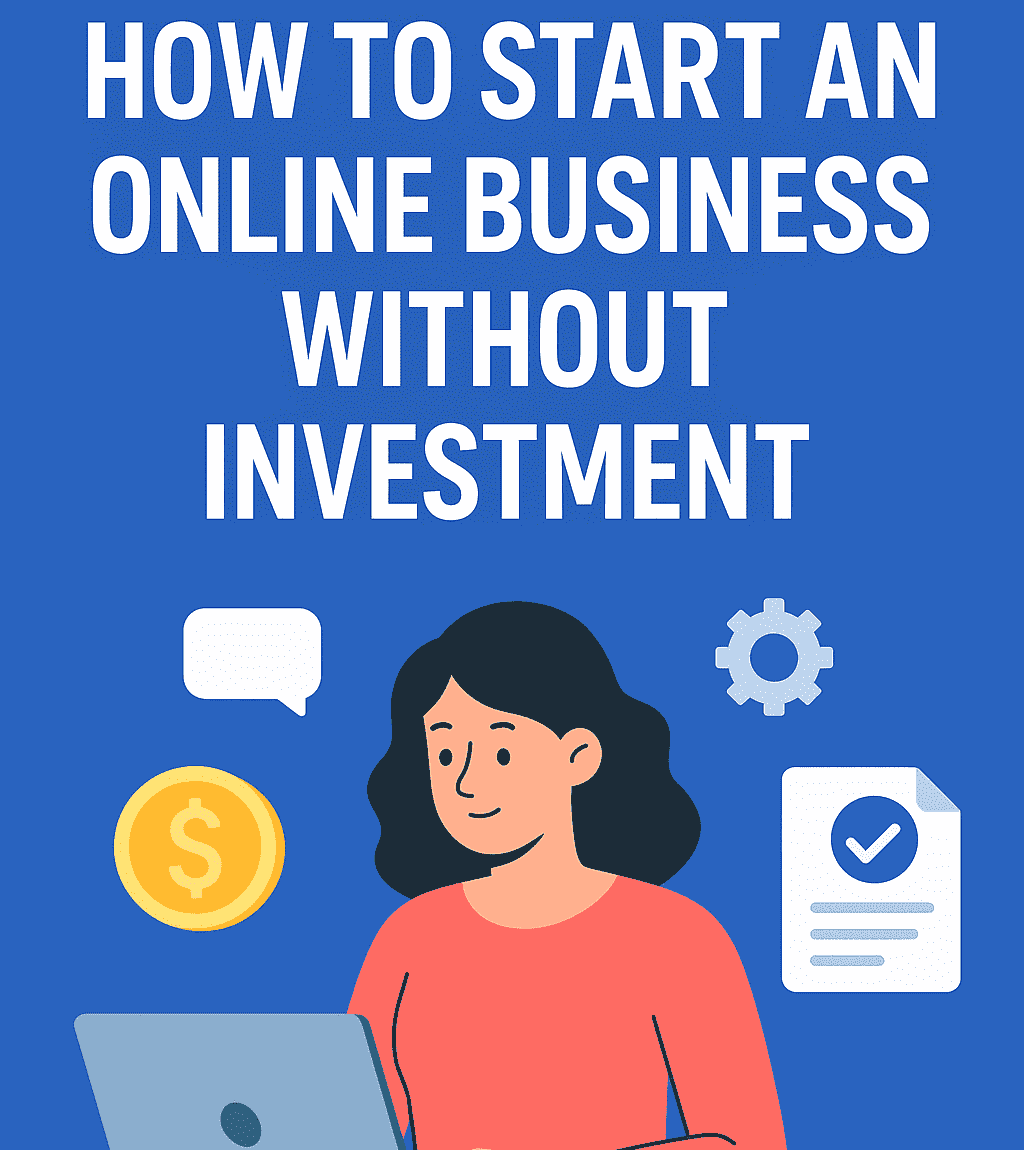Buying a home in a competitive market like Tewkesbury can be a daunting task, with limited inventory and high demand driving up prices and creating intense competition among buyers. However, with careful planning, preparation, and the right strategies, you can increase your chances of finding and securing your dream home in Tewkesbury. In this comprehensive guide, we’ll share valuable insights and practical tips to help you navigate the crowded property market and maximise your chances of success.
Understanding the Tewkesbury Property Market
Before diving into your home search, it’s essential to have a clear understanding of the Tewkesbury property market dynamics, including the availability of properties for sale in Tewkesbury. Tewkesbury is a historic market town nestled in the picturesque Gloucestershire countryside, renowned for its mediaeval architecture, scenic riverside setting, and vibrant community. The local property market in Tewkesbury is characterised by limited housing supply, strong demand from both local residents and commuters, and competitive bidding wars for desirable properties.
Setting Realistic Expectations
In a crowded market like Tewkesbury, it’s crucial to set realistic expectations and be prepared for the realities of buying a home in a competitive environment. Understand that finding the perfect property may take time, and you may encounter multiple competing offers or properties selling above asking price. Be patient, stay flexible, and keep an open mind as you navigate the homebuying process.
Getting Your Finances in Order
Before starting your home search, it’s essential to get your finances in order and secure pre-approval for a mortgage. Work with a reputable mortgage lender to assess your financial situation, determine your budget, and obtain pre-approval for a mortgage loan. Having a pre-approved mortgage in hand demonstrates to sellers that you are a serious buyer and can expedite the homebuying process, particularly in a competitive market like Tewkesbury.
Identifying Your Priorities and Deal Breakers
With limited inventory available in the Tewkesbury market, it’s essential to identify your priorities and deal breakers early in the homebuying process. Make a list of must-have features and amenities that are non-negotiable for your new home, as well as any potential deal breakers that would disqualify a property from consideration. This will help streamline your search and focus your efforts on properties that align with your preferences and requirements.
Working with a Local Estate Agent
Navigating the Tewkesbury property market can be challenging, especially for first-time buyers or those unfamiliar with the local area. Consider enlisting the services of a knowledgeable local estate agent who understands the intricacies of the Tewkesbury market and can provide valuable insights and guidance throughout the homebuying process. A local agent can help you identify suitable properties, negotiate offers, and navigate potential pitfalls, ultimately maximising your chances of success.
Staying Flexible and Actively Engaged
In a competitive market like Tewkesbury, timing is crucial, and opportunities can arise and disappear quickly. Stay flexible with your search criteria and be prepared to act swiftly when you find a property that meets your requirements. Attend open houses, schedule viewings promptly, and be proactive in submitting offers to ensure you don’t miss out on potential opportunities.
Making a Strong and Competitive Offer
When making an offer on a property in Tewkesbury’s crowded market, it’s essential to make a strong and competitive offer that stands out to sellers. Work closely with your estate agent to craft a compelling offer that reflects the current market conditions, including offering a competitive price, flexible terms, and a quick closing timeline if possible. Consider including a personal letter to the seller expressing your genuine interest in the property and why you would be the ideal buyer.
Being Prepared for Multiple Offers and Negotiations
In a competitive market, it’s not uncommon for sellers to receive multiple offers on a property, leading to bidding wars among buyers. Be prepared for this possibility and be ready to negotiate with sellers to make your offer as attractive as possible. Work closely with your estate agent to strategize your negotiation approach and maximise your chances of success in securing the property.
Conducting Due Diligence and Inspections
Before finalising your purchase, it’s essential to conduct thorough due diligence and inspections to ensure the property meets your expectations and is free from any significant issues or defects. Hire qualified professionals to conduct home inspections, surveys, and other necessary assessments to uncover any potential issues and address them before closing the deal.
Finalising the Purchase and Closing the Deal
Once your offer has been accepted, finalise the purchase by working closely with your estate agent, mortgage lender, and legal representatives to complete the necessary paperwork and close the deal. Be prepared for a potentially lengthy and complex closing process, and ensure you have all the necessary funds and documentation in place to finalise the transaction smoothly.
In conclusion, buying a home in a crowded market like Tewkesbury requires careful planning, preparation, and a proactive approach. By understanding the local market dynamics, setting realistic expectations, getting your finances in order, working with a local estate agent, and being prepared to act swiftly and decisively, you can maximise your chances of finding and securing your dream home in Tewkesbury. With patience, perseverance, and the right strategies, you can successfully navigate the competitive property market and embark on the exciting journey of homeownership in this charming market town.















Leave a Reply